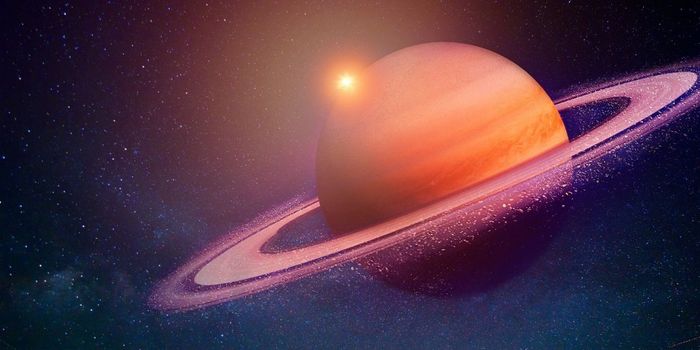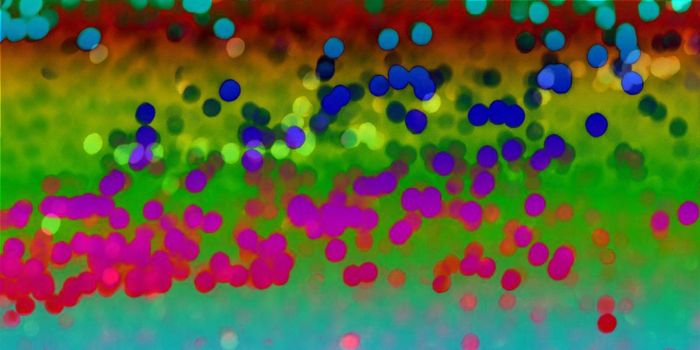The liver is often overshadowed by other major organs, such as the heart and the brain. But make no mistake about it, without the liver, the body would be in major trouble.
The adult human liver weighs at about 3 pounds and is the largest glandular organ in the body. This structure is technically classified as a gland because it secretes bile, a chemical that digests fat. In addition to breaking down fat, the liver performs over 500 other functions. It is responsible for detoxifying harmful substances like drugs and alcohol from the blood. It breaks down carbohydrates and stores it as glycogen for energy. The liver also stores glucose, vitamins, and iron. Amazingly, the liver does all this and more without you even knowing about it.
Beyond keeping our metabolism in order, the liver also has another awesome characteristic. It is the only organ that has the capacity to regenerate. Doctors have observed the liver to regenerate back to full size from a structure that was only 25 percent of the original mass. This extraordinary capacity highlights just how important this organ is to our survival.
Watch the video to learn more about the liver, and what happens when this organ isn't working properly.








